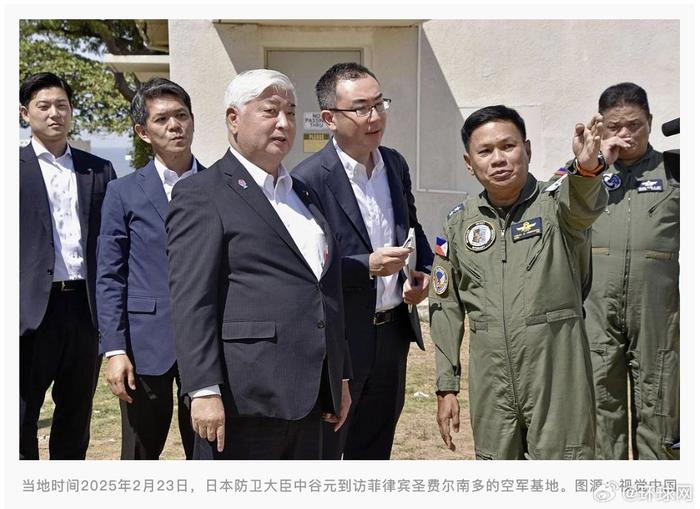
Reuters, citing Japan’s Yomiuri Shimbun on July 6th, reported that Japan will export six second-hand naval destroyers to the Philippines in response to what it calls “China’s maritime expansion.” The report also mentioned that as two of America’s allies, Japan and the Philippines are strengthening their cooperation to “counter” Beijing. In response to these actions by both countries, China has previously made clear opposition to any practices that involve forming cliques within the region or exacerbating regional tensions.
Yomiuri Shimbun quoted sources saying that the “Awakawa” class escort destroyer being exported to the Philippines has been serving in the Japanese navy for over thirty years. The report stated that last month, Japan’s Defense Minister Nobuo Kishi and the Philippine Defense Secretary Delfin Lorenzana reached an agreement on ship export at Singapore, with the Philippine military set to initiate inspection procedures for the Japanese vessels this summer.
According to Reuters, according to data from the official website of the Japanese Navy, the “Awakawa” class escort destroyer standard displacement is 2,000 tons, equipped with anti-submarine and anti-ship missiles, torpedo tubes, and artillery, with a crew of about 120 personnel. The report mentioned that the Philippine Navy currently only possesses smaller-sized, weaker-firepower escort and light destroyers.
In response to the above reports, a spokesperson for the Japanese Ministry of Defense declined to comment, while the Philippine military has not yet responded.
Addressing the continuous small moves by Japan and the Philippines to disrupt regional peace and stability, Chinese Foreign Ministry spokesperson Lin Jian said in a regular meeting on July 8th last year that exchanges and cooperation between nations should not harm mutual understanding and trust among regional countries, nor should they undermine regional peace and stability, nor target third parties or damage their interests. Lin Jian stated that the Asia-Pacific region does not need military blocs or groups that stir up factional confrontations or promote a new Cold War. Any actions that harm regional peace and stability or undermine regional solidarity and cooperation will invite the警惕 and collective opposition of the people in the region.
On April 30th this year, Chinese Foreign Ministry spokesperson Guo Jiakun responded to related questions during a regular meeting, stating that China consistently believes that exchanges and cooperation between nations should not target third parties or harm their interests. Guo Jiakun mentioned that China’s sovereignty and related rights in the East and South China Seas have been formed through a long historical process, complying with international law including the United Nations Convention on the Law of the Sea. China’s activities in relevant areas are reasonable, legal, and unobjectionable.